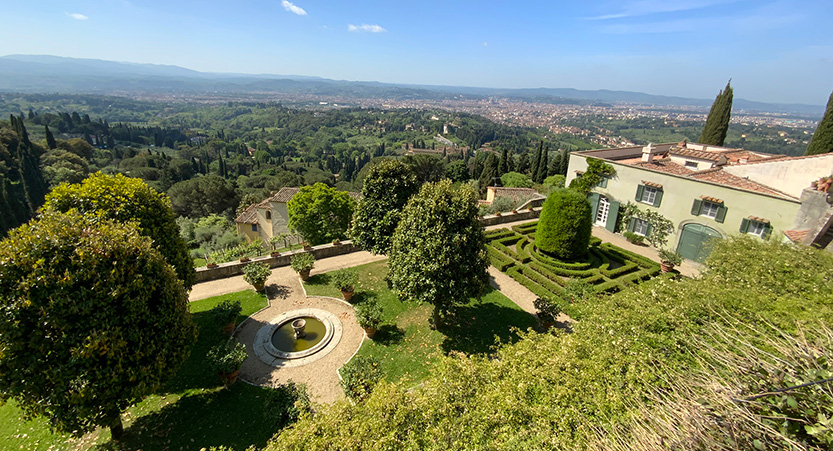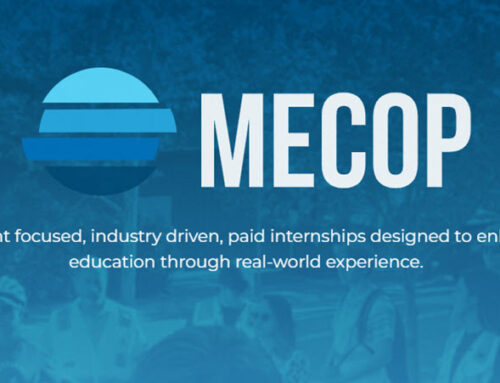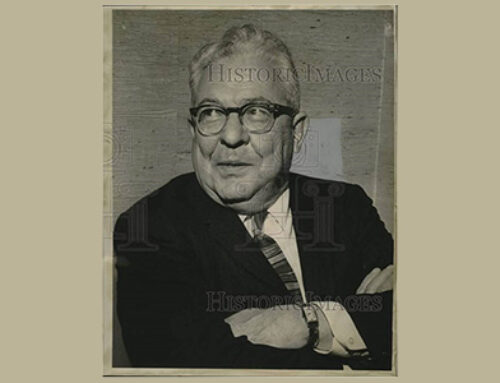Basic Education Lost in K-12 and Colleges and Universities
The gaps in K-12 and higher education have become glaringly apparent to parents and families and businesses over the past 10 – 15 years. “At the K-12 level, the elementary and high school level, we have seen completely flat academic outcomes since the program began in ’65,” says Lindsey Burke of President Johnson’s Great Society initiative. During and post Covid, more parents are opting out of the public education system. The K-12 system and colleges and universities are broken to the point of being irredeemable. Most do not want to be redeemed. See Portland State University professor Peter Boghossian resignation in Sept. 2021.
As things worsened during Covid, I started to talk with my clients, parents, and educators about this challenge. The current quick fix for workforce is the trades and trade schools. Trade schools are not a fix for everyone and not a solution for the root cause. Going into a trade does not solve the basic problem of lack of education. Without a basic education how can an employee be viable in the workplace or in their own life?
Schools, colleges, and universities may need to collapse totally under their own weight of bureaucracy and blind eye etc. There may be no redemption or recovery possible for them. What is the solution? What about businesses who desperately need qualified employees?
Renaissance and Business Solutions
More than 30 years plus ago, business took a role to educate their employees after high school or formal academic degrees. Examples include IBM, Westinghouse, Ford, and many others. Most of these programs were eliminated. Do business led education programs need to be revitalized? What are the benefits of an employer taking responsibility for employee education?
The Renaissance erupted out of the Dark Ages in large part due to reemergence of small independent trade and commerce businesses and Petrarch.
“Transforming a Corrupt Society: From “the Dark Ages” to the Renaissance
“The Father of Humanism,” Francesco Petrarca, was the key figure behind this cultural movement. Living in the century before the Florentine Renaissance, the Italian scholar Petrarch (1304–74), as he is now called, believed he was living in a time of cultural collapse. Unfortunately, Petrarch also experienced the “Black Death,” a pandemic that killed 60 percent of the population in Florence, including his son and many friends. The plague affected him deeply, as evidenced by his reflections in his letters.
David Fideler PhD, philosopher, researcher and author describes Petrarch and the birth of the Renaissance:
How Philosophy Changed the World
As Fideler describes “ In the end, Petrarch concluded that reviving the deepest values of classical civilization was the only way to create more virtuous leaders and improve society. And over time, this idea proved to be highly successful. Petrarch’s followers, the Italian humanists, created a new form of education based on his own studies. This educational program was called the studia humanitatis (or “the humanities”), consisting of grammar (Latin), rhetoric (persuasive speaking), poetry, history, and most importantly, moral philosophy. “Petrarch revived the humanities and classical education developed by Greek philosophers.
Renaissance happened and the Dark Ages ended. The Renaissance was the most profound cultural transformation in the entire history of the western world. Not only did it restore the learning and most humane values from Greek and Roman times, but it also initiated the birth of the modern world and set the state for the emergence of the Scientific Revolution. Most significantly it affirmed the potential and creative capabilities of human beings.
Business were key to Petrarch’s success. For example, the guilds of Florence were secular corporations that controlled the arts and trades in Florence from the twelfth into the sixteenth century, leading the medieval revolution into the Renaissance.
“The commercial revival was ushered in by the Italian towns. As early as the eleventh century, Venice was a rich and prosperous city, a virtually independent oligarch of merchant plutocrats… independent of the previous serfdom.” Introduction to Medieval Europe, Chapter 20, J.W. Thompson and E. N. Johnson, 1937.
Business Led Programs and Plans
David Fideler’s The Renaissance Program, founded on Petrarch’s work, is being launched in November 2023. Read more and attend. https://therenaissanceprogram.com/the-renaissance-program-in-florence-italy/
Larry Martin was the Business Development Director for Allegheny Technologies Corporation, and Board Chair of the Multiple Engineering Co-op (MECOP) program at Oregon State during its exponential growth period. Larry developed the connections and sponsorship of businesses which created the “pull” from industry that lead to MECOP exponential growth. Read more.
To Learn More Contact
David Fideler PhD, The Renaissance Program, https://www.davidfideler.com/contact
Larry Martin, Multiple Engineering Cooperative, https://www.linkedin.com/in/larry-martin-15604714/
Or
Debra Mervyn, The Mervyn Group, Debra@MervynGroup.com



